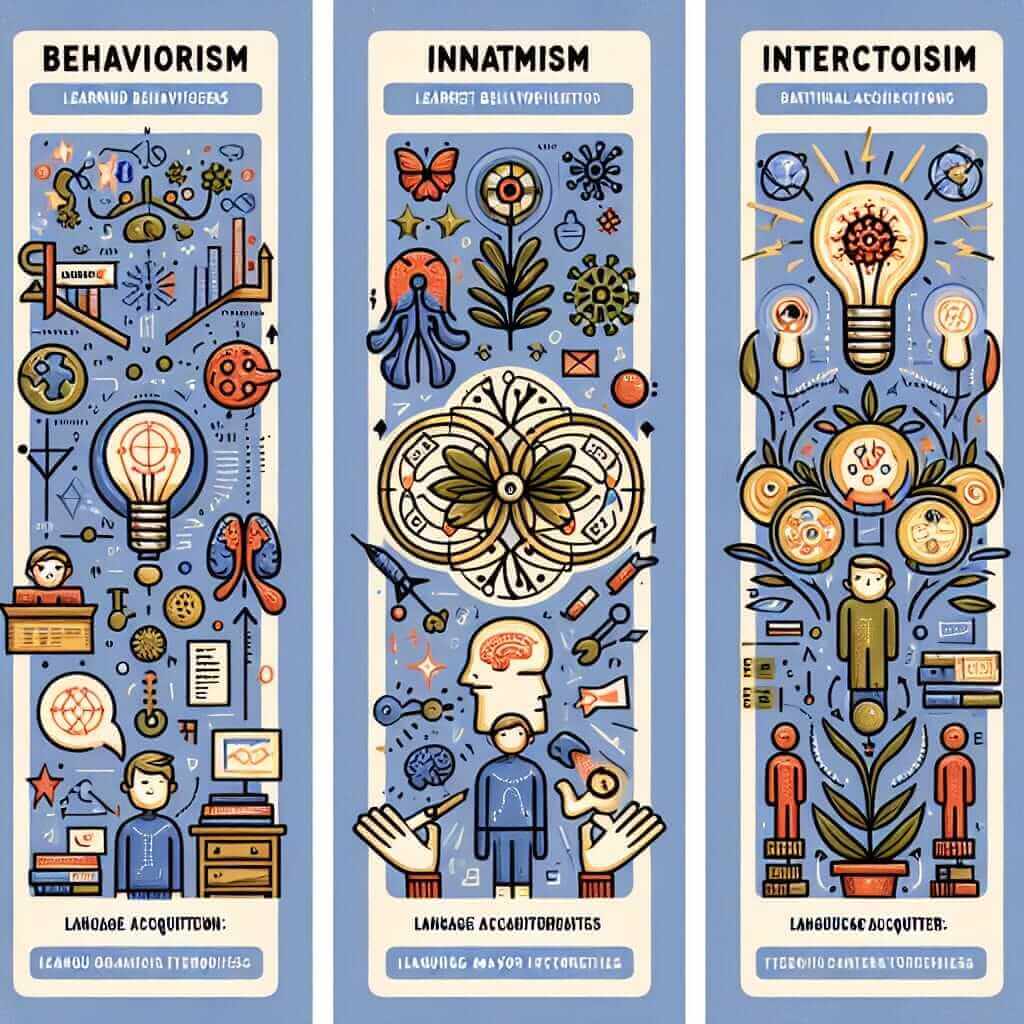The Significance of Science-Related Topics in IELTS Speaking
As an IELTS instructor with over 20 years of experience, I often find students intimidated by the prospect of encountering science-related questions in the speaking test. Rest assured, “Do you like science?” or variations of this question are not meant to assess your scientific knowledge. Instead, they evaluate your ability to:
Nội dung bài viết
- The Significance of Science-Related Topics in IELTS Speaking
- Effectively Discussing Your Interest (or Lack Thereof) in Science
- 1. Be Honest and Provide Context:
- 2. Showcase Your Vocabulary:
- 3. Provide Specific Examples:
- 4. Structure Your Response:
- Examples from Real IELTS Speaking Tests:
- Tips for Success:
- Conclusion:
- Express personal opinions and preferences clearly and confidently.
- Utilize a broad range of vocabulary relevant to different subject areas.
- Structure your responses logically and coherently.
Effectively Discussing Your Interest (or Lack Thereof) in Science
Whether you’re a science enthusiast or find it daunting, the key is to demonstrate your English proficiency. Here’s how:
1. Be Honest and Provide Context:
Don’t feel pressured to feign a love for science if it’s not your forte. Honestly stating your preference is perfectly acceptable. However, always elaborate on your response.
For example, if you enjoy science:
“Yes, I’ve always been fascinated by science, particularly biology. I find the complexity of living organisms and how they interact truly captivating.”
If science isn’t your favorite:
“To be honest, science wasn’t my strongest subject in school. I found the theoretical concepts quite challenging. However, I’ve always appreciated its practical applications in everyday life, like advancements in medicine.”
2. Showcase Your Vocabulary:
Use this opportunity to demonstrate your range of vocabulary. Instead of repeatedly using “interesting” or “good,” incorporate more specific adjectives:
- If you like science: fascinating, intriguing, groundbreaking, innovative, thought-provoking, insightful
- If you’re indifferent to science: complex, demanding, theoretical, abstract, challenging
3. Provide Specific Examples:
Support your statements with relevant examples.
- You could mention:
- A scientific discovery that made an impact on you
- A specific branch of science you find particularly interesting or challenging
- How scientific advancements have influenced your life or society in general
- A memorable science class or project from your past
 Scientific Discovery Impact
Scientific Discovery Impact
4. Structure Your Response:
A well-structured response demonstrates your coherence and fluency. Follow a logical flow:
- Answer the question directly.
- Provide a reason for your answer.
- Give a specific example to illustrate your point.
- Offer a concluding statement (if time permits).
Examples from Real IELTS Speaking Tests:
Here are some variations of science-related questions you might encounter:
- Do you think science is important? Why or why not?
- How has science impacted our lives?
- What do you think are the most pressing scientific challenges of our time?
- Do you think technology is making our lives better or worse?
Tips for Success:
- Practice speaking about science: Even if it’s not your favorite topic, practice makes perfect. Discuss scientific articles, documentaries, or news stories with a language partner or tutor.
- Expand your scientific vocabulary: Make a conscious effort to learn new science-related words and incorporate them into your practice sessions.
- Focus on clear communication: Your goal is to express yourself clearly and coherently, not to demonstrate expert-level scientific knowledge.
Conclusion:
Remember, your performance on the IELTS Speaking test is about demonstrating your English language proficiency. Approaching science-related questions with honesty, clarity, and a willingness to elaborate will allow you to showcase your language skills effectively.


